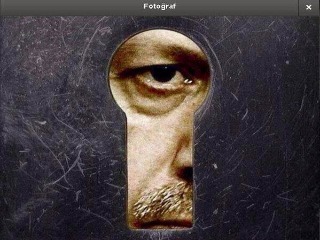Turkey's Regime Crisis: Are Erdogan's Days Numbered?
By Svante E. Cornell (vol. 07, no. 01 of the Turkey Analyst)
Turkey’s already tense political environment has taken a turn for the worse since a December 17, 2013 raid exposed what appears to be a culture of runaway corruption in the AKP government. Events since then have put the spotlight on the two main trends in Turkey’s politics in the past year: on the one hand, Prime Minister Recep Tayyip Erdoğan’s growing unaccountability and authoritarianism; and on the other, the implosion of the Islamic conservative power coalition, and specifically the struggle between Erdoğan and the Gülen movement. Going forward, the question is for how long Erdoğan, whose ambitions of a presidential system have most certainly been thwarted, will be able to remain in power at all
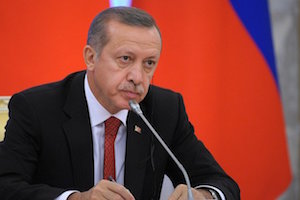
Falling Facades: The Gülen Movement and Turkey's Escalating Power Struggle
By Gareth H. Jenkins (vol. 07, no. 01 of the Turkey Analyst)
The escalating power struggle between Turkish Prime Minister Recep Tayyip Erdoğan and the followers of the exiled Islamic preacher Fethullah Gülen, collectively known as the Gülen Movement, has stripped away the last traces of the facades that each had spent years trying to construct.
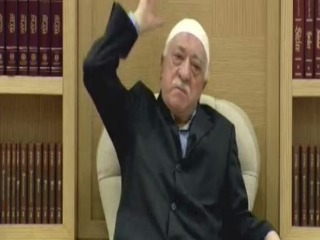
The Islamic Civil War in the Turkish State Escalates
By Halil M. Karaveli (vol. 6, no. 23 of the Turkey Analyst)
The civil war in the Turkish state is unprecedented in the history of the republic. Prime Minister Erdoğan is preparing to deliver a final blow to the “cemaat” and may succeed in asserting his control over the state apparatus. But Erdoğan’s political fortunes depend on convincing the conservatives that his party is “clean”, and that Fethullah Gülen’s Hizmet movement is a “gang” in collusion with hostile foreign powers against the “pious” government. While it was easy to mobilize the conservatives against the Gezi protesters, it may prove more challenging to discredit what used to be fellow Islamic conservative allies.
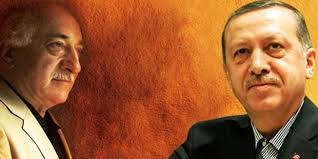
Erdogan, the Hizmet Movement, and the PREP School Crisis: Turkey Enters a New Power Struggle
By Svante E. Cornell (vol. 6, no. 22 of the Turkey Analyst)
With the crisis resulting from the AKP government’s decision to close down the preparatory schools in Turkey, the growing rift between Prime Minister Recep Tayyip Erdoğan and Fethullah Gülen’s Hizmet movement now appears beyond repair. Unlike before, the confrontation is now out in the open. The outcome of the confrontation will go a long way toward determining Turkey’s future course, both domestically and internationally. It is, not least, going to define what kind of relationship Turkey will have with the West.
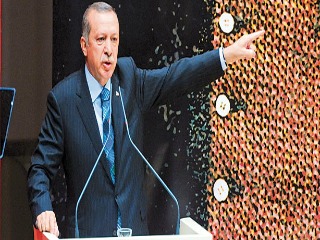
Erdogan and the Challenge of Coping with Change
By Halil M. Karaveli (vol. 6, no 21 of the Turkey Analyst)
A recent, unprecedented clash between Prime Minister Recep Tayyip Erdoğan and Deputy Prime Minister Bülent Arınç, one of the founders of the ruling Justice and Development Party (AKP), has exposed mounting dissent within the top leadership of the AKP. This has two sources: Erdoğan’s leadership style, and an increasing, ideological divergence among Muslim conservatives. That divergence revolves around the question of how the Muslim conservatives are going to relate to and cope with change – a change that they themselves have abetted. While Erdoğan reacts with old reflexes, Arınç (and President Abdullah Gül) disapprove of conservative social engineering, and seem to understand that the Muslim conservatives’ continued political success depends on their ability to remain in tune with change.
